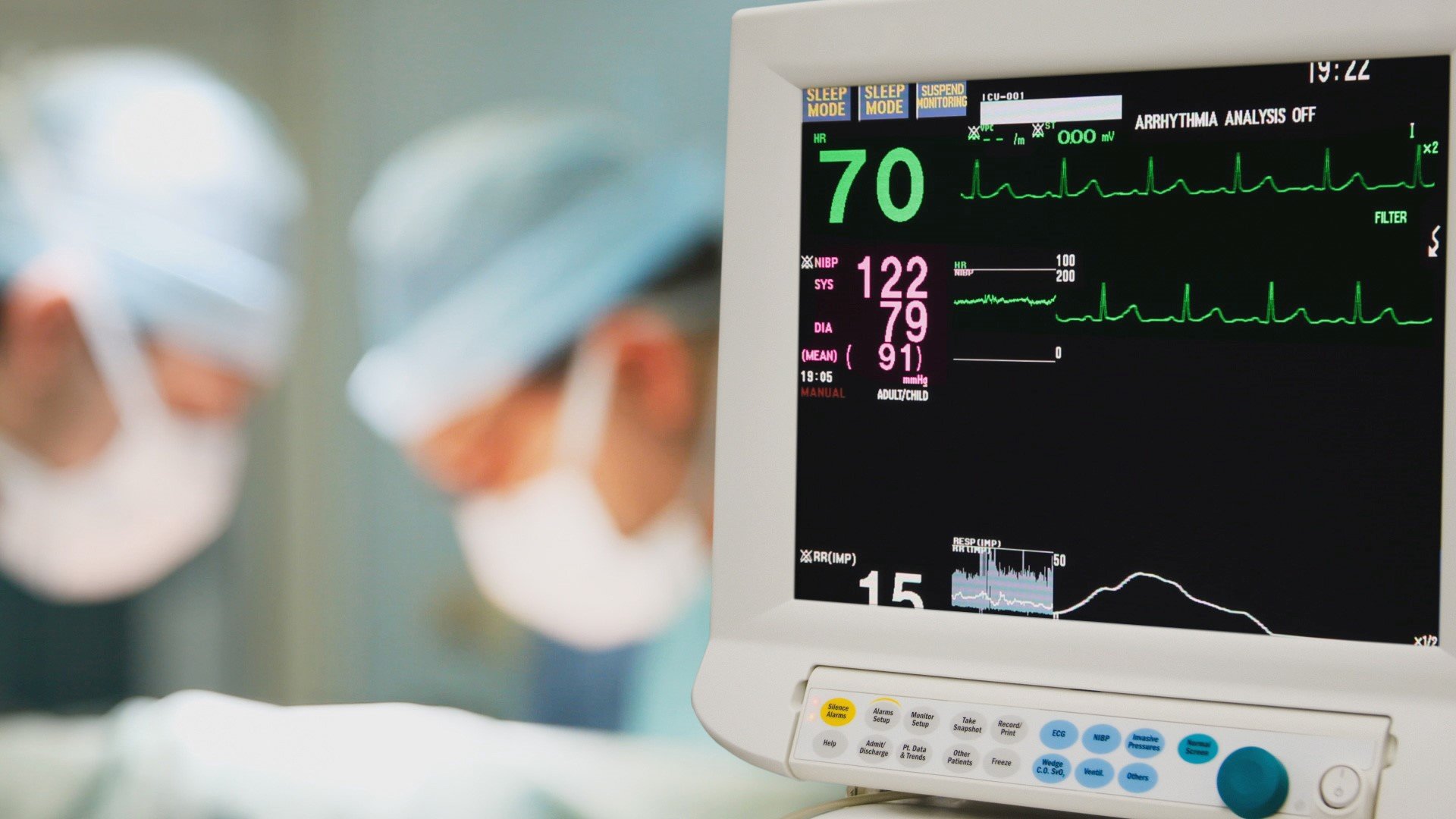Comprehensive Bloodless Surgery and Medicine Services Help Avoid Risks Associated with Blood Transfusions

Foothill Regional Medical Center now offers comprehensive bloodless surgery and medicine services for the growing number of patients who are opting not to have a blood transfusion, either for safety concerns or religious reasons.
Led by Vinod Malhotra, MD, a renowned cardiologist and researcher who has pioneered bloodless medicine for almost 40 years, the hospital’s team of specially trained surgeons, anesthesiologists, nurses and other caregivers is highly experienced in bloodless medicine and has access to advanced techniques and equipment specifically designed for surgery without the use of blood or blood products. The team uses a variety of medications and surgical techniques to either stop or minimize bleeding both during and after surgery.
“Bloodless medicine is really all about blood conservation,” said Dr. Malhotra, medical director of the Bloodless Surgery and Medicine Program at Foothill Regional Medical Center. “Our expert surgical teams conserve the patient’s blood during surgery so that they don’t need a blood transfusion. This reduces their exposure to disease and the other risks of a transfusion, as well as reducing their length of stay in the hospital and the cost of their care.”
Studies show that patients who do not receive blood transfusions experience fewer infections than those who do. They also recover more quickly and leave the hospital sooner. Research also shows that patients who opt for bloodless surgery avoid the risks of allergic reactions, contamination or receiving the wrong blood type and they have fewer heart attacks and strokes after surgery.1,2
“Because of Foothill Regional’s size, our surgeons feel they have better control of the patient’s outcome,” said Jason Shane, the program coordinator. “They feel they can work effectively with all of our medical departments to get the results they want for their patients. We have the experience, tools and staff needed for a successful bloodless program. This really is a place where exceptional medicine can be achieved.”
“My primary care physician felt Foothill Regional would be able to meet my needs and respect them,” said Shannon Belgrave, who was referred to the Foothill Regional program by her primary care physician for bloodless general surgery related to a previous gall bladder procedure. “The staff is very aware and knowledgeable about the bloodless program – that’s what I appreciate about this hospital. It’s a very tight community – everyone knows what everyone else is doing. And that made me feel very comfortable.”
She added, “I have recommended Foothill Regional to many friends and family. This is where I would like my family to be taken care of.”
1 Transfusion. 2010; 50(4):753-65
2 Blood transfusions found to harm some patients. New Scientist, 26 April 2008, p 8
